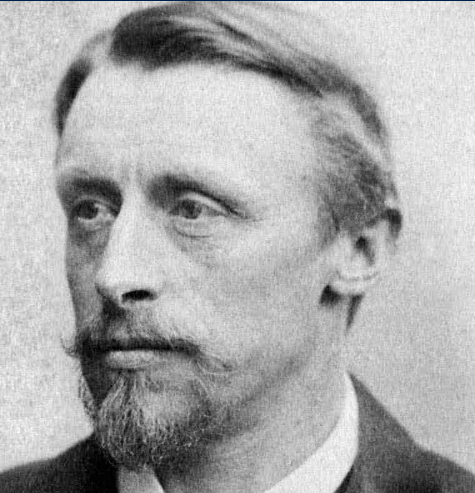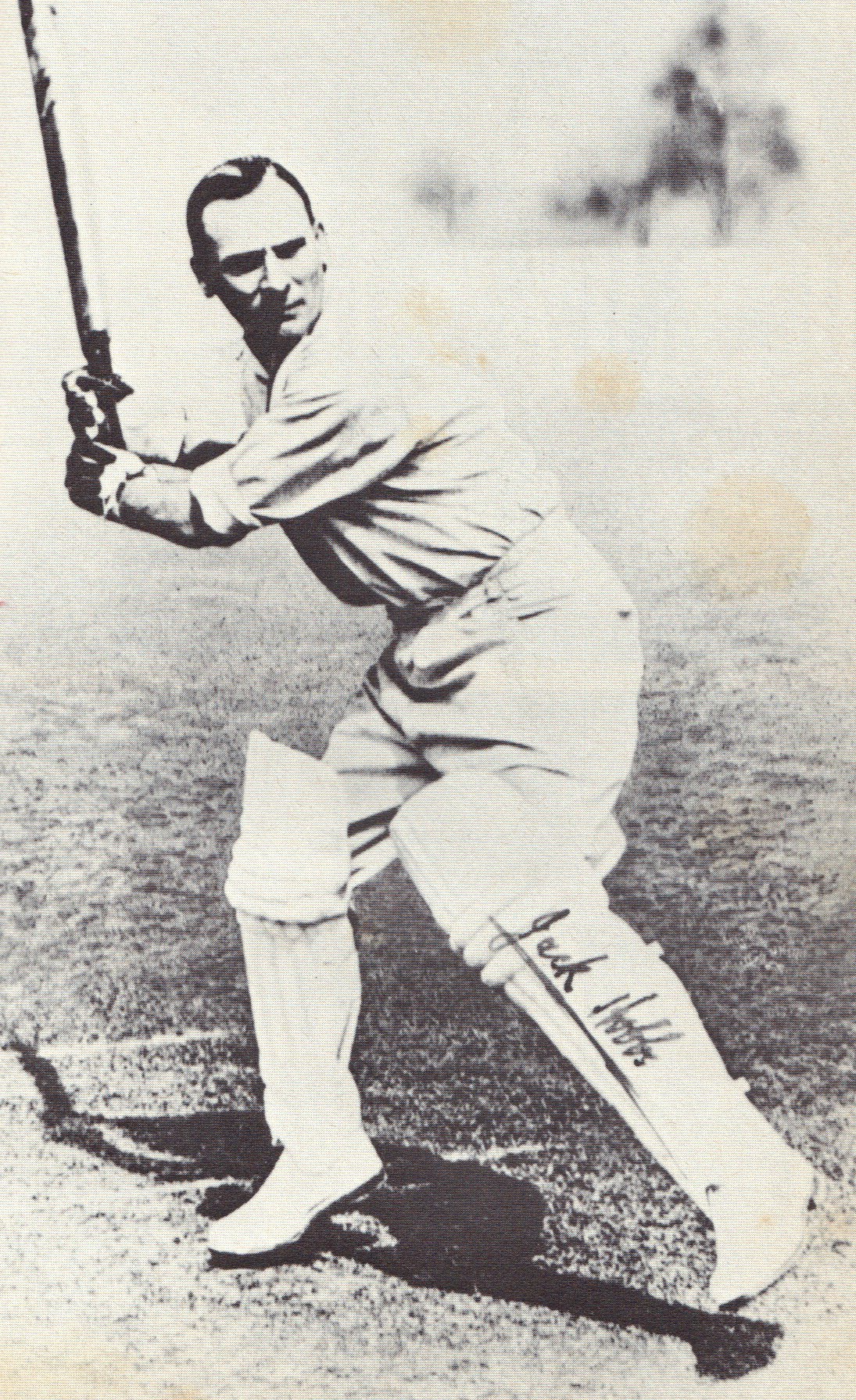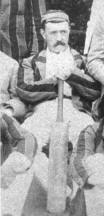|
FA Cup Final 1874
The 1874 FA Cup final was a football match between Oxford University and Royal Engineers on 14 March 1874 at Kennington Oval in London. It was the third final of the world's oldest football competition, the Football Association Challenge Cup (known in the modern era as the FA Cup). Both teams had previously reached the final but been defeated by Wanderers. The Engineers had reached the final with comparative ease, scoring sixteen goals and conceding only one in the four previous rounds. Oxford's opponents in the earlier rounds had included two-time former winners Wanderers. The final was decided by two goals from Oxford in the first twenty minutes. Their opponents had spent two weeks training for the match, an innovative concept at the time, but were repeatedly thwarted by Charles Nepean, the Oxford goalkeeper. The Engineers were said to have missed their best back, Lieut. Alfred Goodwyn, who had been posted overseas. Route to the final Oxford University and the ... [...More Info...] [...Related Items...] OR: [Wikipedia] [Google] [Baidu] |
1873–74 FA Cup
The 1873–74 Football Association Challenge Cup was the third staging of the FA Cup, England's oldest football tournament. Twenty-eight teams entered, twelve more than the previous season, although six of the twenty-eight never played a match. Format First Round: The 28 teams would play. The winners would move on Second Round: The remaining 14 teams would play. The winner would move on Third Round: 6 teams, with Swifts getting a bye, would play. Semi-Final: The 4 teams would play. Final: The two Semi-Final teams would face each other. The winner would be crowned champion Calendar First round Replays Second round Replays Third round Replay Semi-Finals Both semi-finals were played at Kennington Oval, London. Final References FA Cup Results Archive {{DEFAULTSORT:Fa Cup 1873-74 1873-74 FA FA Cup The Football Association Challenge Cup, more commonly known as the FA Cup, is an annual knockout football competition in men's domestic English fo ... [...More Info...] [...Related Items...] OR: [Wikipedia] [Google] [Baidu] |
1873–74 In English Football
The 1873–74 season was the third season of competitive football in England. Oxford University beat the Royal Engineers 2–0 in the FA Cup Aston Villa Football Club were formed in March 1874 by members of the Villa Cross Wesleyan Chapel in Handsworth which is now part of Birmingham Birmingham ( ) is a city and metropolitan borough in the metropolitan county of West Midlands in England. It is the second-largest city in the United Kingdom with a population of 1.145 million in the city proper, 2.92 million in the West .... The founders were members of the chapel's cricket team looking for a way to stay fit during the winter months. National team * England score given first Key * A = Away match * F = Friendly Honours References External linksReport on Scotland v England match on thefa.com {{DEFAULTSORT:1873-74 in English football ... [...More Info...] [...Related Items...] OR: [Wikipedia] [Google] [Baidu] |
All Souls College, Oxford
All Souls College (official name: College of the Souls of All the Faithful Departed) is a constituent college of the University of Oxford in England. Unique to All Souls, all of its members automatically become fellows (i.e., full members of the college's governing body). It has no undergraduate members, but each year, recent graduate and postgraduate students at Oxford are eligible to apply for a small number of examination fellowships through a competitive examination (once described as "the hardest exam in the world") and, for those shortlisted after the examinations, an interview.Is the All Souls College entrance exam easy now? , ''The Guardian'', 17 May 2010. The college entrance is on the north side of |
Arthur Johnson (historian)
Reverend Arthur Henry Johnson (8 February 1845 – 31 January 1927) was an English historian and the chaplain of All Souls College, Oxford. He was a member of the Oxford University football team which won the FA Cup in 1874. He played a pioneering role in the development of the Oxford University Department for Continuing Education. Family and education Johnson was born in Marylebone, London on 8 February 1845, the second son of George John Johnson and his wife, Frederica née Hankey, and was baptised at St Mary's Church, Bryanston Square on 11 March 1845. His father was a captain in the Coldstream Guards. From 1856, he was educated at Eton College, from where he matriculated on 9 April 1864, going up to Exeter College, Oxford. In 1866, he took a Second in Classical Moderations, graduating as Bachelor of Arts in 1868 with a First Class degree in Law and History, following which he joined All Souls College. Athletics and football career Johnson was a keen athlete, winning th ... [...More Info...] [...Related Items...] OR: [Wikipedia] [Google] [Baidu] |
Royal Engineers
The Corps of Royal Engineers, usually called the Royal Engineers (RE), and commonly known as the ''Sappers'', is a corps of the British Army. It provides military engineering and other technical support to the British Armed Forces and is headed by the Chief Royal Engineer. The Regimental Headquarters and the Royal School of Military Engineering are in Chatham in Kent, England. The corps is divided into several regiments, barracked at various places in the United Kingdom and around the world. History The Royal Engineers trace their origins back to the military engineers brought to England by William the Conqueror, specifically Bishop Gundulf of Rochester Cathedral, and claim over 900 years of unbroken service to the crown. Engineers have always served in the armies of the Crown; however, the origins of the modern corps, along with those of the Royal Artillery, lie in the Board of Ordnance established in the 15th century. In Woolwich in 1716, the Board formed the Royal Regime ... [...More Info...] [...Related Items...] OR: [Wikipedia] [Google] [Baidu] |
Herbert Rawson
Colonel Herbert Edward Rawson (3 September 1852 – 18 October 1924) was an English British Army officer and footballer who played once for England, and appeared in two FA Cup finals, winning the cup in 1875 as a member of Royal Engineers A.F.C. Rawson served with the Royal Engineers (RE) in South Africa during the Second Boer War and later commanded the Royal Engineers in the colony. He was later a staff officer commanding the RE in the north of England. Early life Rawson was born in Port Louis, British Mauritius, the son of Rawson W. Rawson and his wife Sophia Marianne Ward.Carlaw D (2020) ''Kent County Cricketers A to Z. Part One: 1806–1914'' (revised edition), pp. 460–462.Available onlineat the Association of Cricket Statisticians and Historians. Retrieved 2020-12-21.) His father was Treasurer and Paymaster-general in the colony and went on to serve as Secretary of Cape Colony between 1854 and 1864 and Governor of the Bahamas between 1864 and 1875. Rawson was educated a ... [...More Info...] [...Related Items...] OR: [Wikipedia] [Google] [Baidu] |
William Rawson
William Stepney Rawson (14 October 1854 – 4 November 1932) was an amateur footballer who played at full-back in the 1870s, and was also an FA Cup Final referee in 1876. Born in South Africa, he played for the England national team. Early life and sports career Rawson was born in Cape Town, South Africa, the son of Rawson W. Rawson and Sophia Mary Anne Ward. He attended Westminster School in London, representing the school at "soccer" in 1872 and 1873, becoming captain in his final year. He then went up to Christ Church, Oxford, in 1873, winning a "blue" in four consecutive years, from 1874 to 1877. Academically he graduated as BA in 1877 and MA in 1880. He became the first player born in Africa to appear in an FA Cup final when played in the 1874 FA Cup Final for Oxford University – in the match, played against the Royal Engineers at the Kennington Oval on 14 March 1874, the University were the victors by 2 goals to 0. His brother Herbert played for the opposition. ... [...More Info...] [...Related Items...] OR: [Wikipedia] [Google] [Baidu] |
Cuthbert Ottaway
Cuthbert John Ottaway (19 July 1850 – 2 April 1878)''Jackson's Oxford Journal'', 6 April 1878. was an English footballer. He was the first captain of the England football team and led his side in the first official international football match. Representing his university at five different sports – a record that remains unmatchedSouthwick, Michael. ''England's First Football Captain: a Biography of Cuthbert Ottaway, 1850–1878'', Nottingham: Soccerdata, 2009, p. 24 – Ottaway was also a noted cricketer until his retirement shortly before his early death at the age of 27. Early life, professional career and death Cuthbert Ottaway was born in Dover, the only child of James Ottaway, a surgeon and former mayor of the town.Southwick, Michael. ''England's First Football Captain: a Biography of Cuthbert Ottaway, 1850–1878'', Nottingham: Soccerdata, 2009, p. 14 He was educated at Eton (where he was a King's Scholar) and at Brasenose College, Oxford, where he displayed a versa ... [...More Info...] [...Related Items...] OR: [Wikipedia] [Google] [Baidu] |
Clapham Rovers F
Clapham () is a suburb in south west London, England, lying mostly within the London Borough of Lambeth, but with some areas (most notably Clapham Common) extending into the neighbouring London Borough of Wandsworth. History Early history The present day Clapham High Street is on the route of a Roman road. The road is recorded on a Roman monumental stone found nearby. According to its inscription, the stone was erected by a man named Vitus Ticinius Ascanius. It is estimated to date from the 1st century. (The stone was discovered during building works at Clapham Common South Side in 1912. It is now placed by the entrance of the former Clapham Library, in the Old Town.) According to the history of the Clapham family, maintained by the College of Heralds, in 965 King Edgar of England gave a grant of land at Clapham to Jonas, son of the Duke of Lorraine, and Jonas was thenceforth known as Jonas "de fClapham". The family remained in possession of the land until Jonas's great-g ... [...More Info...] [...Related Items...] OR: [Wikipedia] [Google] [Baidu] |
Swifts F
Swift or SWIFT most commonly refers to: * SWIFT, an international organization facilitating transactions between banks ** SWIFT code * Swift (programming language) * Swift (bird), a family of birds It may also refer to: Organizations * SWIFT, an international organization facilitating transactions between banks * Swift Engineering, an American engineering firm * Swift & Company, a meat processing company * Swifts (aerobatic team), a Russian aerobatic team Transportation companies * Swift Cooper, a British racing car manufacturer * Swift Leisure, a British manufacturer of caravans * Swift Motor Company, of Coventry, England * Swift Transportation, a US trucking company Places * River Swift, a river in England * Swift, Illinois, an unincorporated community in northeastern Illinois * Swift County, Minnesota, a county in west-central Minnesota * Swift, Minnesota, an unincorporated community in northern Minnesota * Swift, Missouri, a ghost town in southeastern Missouri Ast ... [...More Info...] [...Related Items...] OR: [Wikipedia] [Google] [Baidu] |
Surrey County Cricket Club
Surrey County Cricket Club (Surrey CCC) is a first-class club in county cricket, one of eighteen in the domestic cricket structure of England and Wales. It represents the historic county of Surrey, including areas that now form South London. Teams representing the county are recorded from 1709 onwards; the current club was founded in 1845 and has held first-class status continuously since then. Surrey have played in every top-level domestic cricket competition in England, including every edition of the County Championship (which began in 1890). The club's home ground is The Oval, in the Kennington area of Lambeth in South London. They have been based there continuously since 1845. The club also has an 'out ground' at Woodbridge Road, Guildford, where some home games are played each season. Surrey's long history includes three major periods of great success. The club was unofficially proclaimed as "Champion County" seven times during the 1850s; it won the title eight times ... [...More Info...] [...Related Items...] OR: [Wikipedia] [Google] [Baidu] |
1872 FA Cup Final
The 1872 FA Cup Final was a football match between Wanderers and Royal Engineers on 16 March 1872 at Kennington Oval in London. It was the final of the first staging of the Football Association Challenge Cup (known in the modern era as the FA Cup), which became the primary cup competition in English football and the oldest football competition in the world. Fifteen teams entered the competition in its first season and, due to the rules in place at the time, Wanderers reached the final having won only one match in the four preceding rounds. In the semi-finals, they drew with the Scottish club Queen's Park, but reached the final when the Scots withdrew from the competition as they could not afford to return to London for a replay. The final was decided by a single goal, scored after fifteen minutes by Morton Betts of Wanderers, who was playing under the pseudonym "A.H. Chequer". The Engineers were praised for their innovative use of passing, then referred to as the "Combination G ... [...More Info...] [...Related Items...] OR: [Wikipedia] [Google] [Baidu] |






